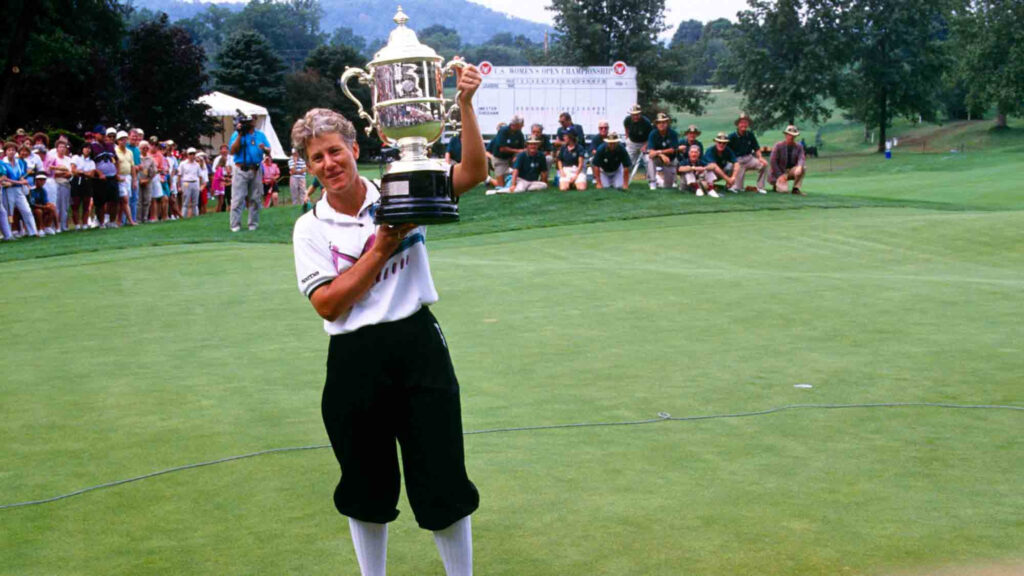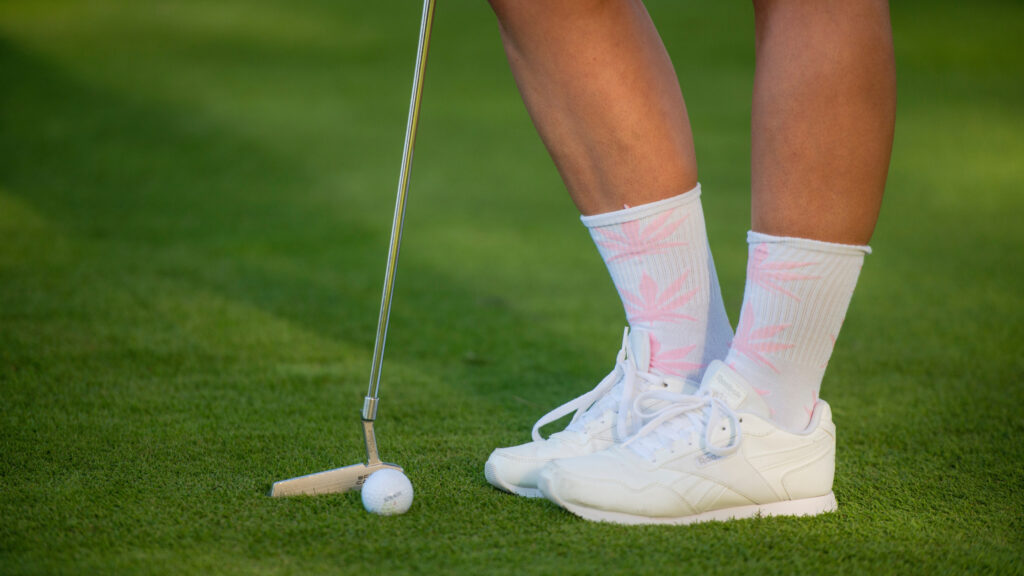Blog
Pride & Golf: The History of LGBTQ+ Inclusion in Golf
For much of golf’s extended history, the sport has been seen as a conservative and traditional game. The industry has struggled with diversity and inclusivity, both in terms of race, gender, and sexual orientation.
For instance, country clubs often have strict membership criteria. In fact, the number one ranked golf course in the United States, Pine Valley, didn’t agree to allow female members until May 2021. Absurd, right?
As a result, even today, the sport is predominantly white male-dominated and has had limited representation from minority groups, such as those from the LGBTQ+ community. Like many other sports, golf has had its share of discrimination and barriers for LGBTQ+ individuals.
Still, there are ongoing efforts within the sport to promote inclusivity, diversity, and progressive values. The golfing community has been working to break down barriers, increase accessibility, and create more welcoming environments for people from all backgrounds and identities.
In honor of Pride Month in June, let’s take a look at some of the historic achievements made by the LGBTQ+ community in golf.
Why is it important to acknowledge diversity in golf?
Anecdotal evidence throughout history has shown that when diverse identities are represented in golf, those that resonate can become engaged in the support at a large scale. One noteworthy example of this is in 1998, when Se Ri Pak emerged victorious in the U.S. Women’s Open, triggering a remarkable surge in golf’s popularity in Korea, her home country.
Pak’s triumph held particular significance for young Korean girls, as they now had a role model who exemplified the possibilities their own futures in golf could hold. Consequently, thanks to the influence of Pak and other accomplished Asian players, the number of athletes hailing from Asian countries participating in the LPGA Tour has experienced a substantial increase.
Acknowledging the diversity in golf therefore facilitates the inclusion of various communities and by extension improves the competitive landscape of the sport.
Similarly, LGBTQ+ representation is crucial. Without it, golf may inadvertently project an image of being unwelcoming and exclusive to individuals that identify as queer – and that’s a huge disservice to the sport.
From Fairways to Freedom: LGBTQ+ Golf History
From exclusive country clubs and strict dress codes to the long-standing traditions and etiquette around golf, the sport remained uptight and conservative for many of its early years. Yet, a glimpse into history shows that LGBTQ+ representation has always been present, though perhaps not spotlighted.
1970s-1990s in Golf
One of the first significant cultural golf moments happened in 1979 when Betty Hicks, a pioneer for women in golf and one of the founders of the LPGA wrote a positive article about lesbians in golf for Christopher Street magazine, a now-discontinued queer magazine.
This article was published during a time when women on the LPGA tours faced immense fear of being publicly humiliated for possibly being called a lesbian, truthfully or otherwise.
Later, in 1995, CBS golf commentator Ben Wright was fired for making disparaging comments about lesbian golfers and the physiological limitations women golfers have because of their bodies.
Though Wright went on to deny these accusations, despite having made them on-air, he was reinstated with CBS with a four-year contract. However, the controversy followed him around for most of his career.
In 1998, LPGA Hall of Famer, Patty Sheehan, came out as a lesbian in Golf World magazine. In a column of a March 1998 edition, Sheehan revealed that she and her manager, Rebecca Gaston, had been partners for twelve years and had recently adopted a daughter.

Finally, in 1999, the first real organizational move was made when the Ladies Professional Golf Association (LPGA) became the first major professional golf organization to include sexual orientation in its non-discrimination policy.
This step marked an important milestone for LGBTQ+ inclusion in golf. Still, it took some time for LGBTQ+ players to feel comfortable coming out publicly.
Early 2000’s Progress
In 2004, professional golfer Mianne Bagger became the first openly transgender woman to compete in a professional golf tournament.
The Australian, British, and European women’s golf associations ruled that Bagger was allowed to compete in their events. As a result, her participation helped raise awareness about transgender inclusion in the sport and encouraged conversations about gender diversity in golf.
Years later, in 2010, Lana Lawless, a transgender woman sued the LPGA for the right to compete in the World Long Drive Championship play. In response to the lawsuit, the LPGA amended its by-laws to eliminate the “female at birth” requirement for membership.
21st Century Freedom
2018 was a notable year for the LGBTQ+ golf community. Several things happened that pushed conversations about inclusivity to the forefront of the industry.
In 2018, professional golfer Tadd Fujikawa publicly came out as gay, becoming the first male professional golfer to do so. As a golfer that had previously made history in 2007 by becoming the youngest player to qualify for the U.S. Open at the age of 16, his announcement garnered significant attention and sparked conversations about LGBTQ+ inclusion in golf.
The TPC (Tournament Players Club) Harding Park also had the historic idea to host a Pride Open. Organized by Greg Fitzgerald, the first out, gay male PGA teaching pro, the inaugural event was one of the first LGBTQ+ fundraising events in the sport of this caliber.
The San Francisco Pride Pro-Am Golf Tournament has since gone on to have four successful tournaments, with the fifth likely being hosted in October 2023.
That same year, the Ladies Professional Golf Association has been actively promoting LGBTQ+ inclusion. They established a formal partnership with Athlete Ally, an organization that works to end homophobia and transphobia in sports.
The partnership promoted many other iconic golfers in order to educate and raise awareness about LGBTQ+ issues within the golf community and foster a more inclusive environment for all, including coverage for Mel Reid, an English professional golfer, who came out as gay in 2018.

Reid has since become an influential figure in the golfing world and an advocate for LGBTQ+ rights in sports. She has played in various professional tournaments, including the Ladies European Tour and the LPGA Tour, and has been vocal about the importance of visibility and representation for LGBTQ+ athletes.
In 2018, the Augusta National Women’s Amateur, a prestigious women’s golf event, invited two openly lesbian golfers, Mel Reid and Charley Hull, to participate. Hull was also an English golfer that had been prominent in the women’s golf world since going professional in 2013.
These decisions made by major golf entities demonstrated a growing acceptance and recognition of LGBTQ+ athletes in the golfing world. Representing golfers in both the LPGA and the PGA over time helped break down barriers and inspire other LGBTQ+ golfers.
Breaking Par: Support the LGBTQ+ Golf Community
In addition to major progress made by individuals and official golf organizations over the history of the sport, several LGBTQ+ organizations and golf networking events have also emerged.
These groups aim to provide safe spaces and opportunities for LGBTQ+ golfers to connect and get on the greens. Here are a few notable ones you can support and explore:
1. Outsports Golf
Outsports is a leading LGBTQ+ sports publication, and they have a dedicated section for golf. They cover news, stories, and issues related to LGBTQ+ individuals in the golfing world. Outsports Golf provides a platform for visibility and shares the experiences of LGBTQ+ golfers.
2. National Gay and Lesbian Chamber of Commerce (NGLCC)
The NGLCC is an organization that supports LGBTQ+-owned and -operated businesses. They are the largest advocacy organization dedicated to expanding economic opportunities and advancements for LGBTQ people, and the exclusive certifying body for LGBTQ-owned businesses.
While not exclusively focused on golf, the NGLCC promotes diversity and inclusion in all aspects of business, including the golf industry. They provide networking opportunities and resources for LGBTQ+ individuals and businesses interested in the golf sector.
3. LGBTQ+ Golf Leagues and Social Groups
Many local LGBTQ+ communities have established golf leagues and non-golf social groups that provide opportunities for LGBTQ+ individuals to play, network, and socialize. These groups can be found in different regions and cities, and they often welcome players of all skill levels.
Some Massachusetts examples include The Boston Alliance of Gay Sports (“BAGS”) which seeks to promote recreational and competitive LGBTQ+ sports leagues in the greater Boston area; and Ocean Edge Golf & Resort which provides an open and welcoming environment for LGBTQ+ tourists and golfers in Massachusetts.
Local organizations and groups like these play crucial roles in fostering a sense of community, providing resources, and promoting LGBTQ+ inclusion in golf. They help create a supportive environment for LGBTQ+ golfers, allowing them to enjoy the sport and connect with like-minded individuals.

Teeing Up Pride: Attend the TeeHC Open
The history of the LGBTQ+ community in golf reflects a broader societal shift towards greater acceptance and understanding. Through increased visibility, policy changes, and the work of organizations and advocates, the golfing world is slowly evolving to become more inclusive and supportive of LGBTQ+ individuals.
Promoting and attending diverse golf events, such as the TeeHC Open, is one way that the golfing world can loosen up from its conservative history. From embracing cannabis culture to inviting diverse individuals to play, golf networking events are a great place to dismantle the prejudice within the sport and make it more accessible for all.
Attend the TeeHC Open or sponsor the event to become part of the change today.
Related Posts
-
All About the 2023 TeeHC Open Land Acknowledgement Ceremony
It is said that 99% of Native land was stolen from Indigenous people by the government of the...
-
The Roots of Sustainability with Aruna
Aruna is a Berkshire County-based cultivator and the only South Asian-owned cultivation in Massachusetts. Their methodology of sun...
-
The History of Women & Golf
Golf has long been considered the sport of business networking. Sadly, it has also long been considered a...


.svg)